A report commissioned by former Agriculture Minister Edwin Poots in 2021, which looked at the potential need for a dedicated veterinary school in NI, has not given a strong endorsement for the proposal.
The report, led by the Strategic Investment Board (SIB), a body which provides advice to government on major projects, suggests it would cost in excess of £75,000 to put each student through a five-year vet course in NI. To justify that investment will require substantial further work to show that there will be “added value to be delivered to the NI economy”, notes the SIB analysis.
A vet school based in Coleraine, involving a partnership between the University of Ulster and Queen’s University Belfast, has been mooted in recent years as a means of delivering a more secure long-term supply of vets in NI.
It would also potentially make use of research and training facilities supplied by AFBI and CAFRE. NI is the only part of these two islands where there is no dedicated vet facility.
The SIB analysis does recognise there is an issue with supply of vets, with a “crude estimate” that NI is short of 126 vets. In January 2022, it was estimated there were 918 practising vets in NI, of which 70% are in private practice. Half were trained in UK universities, while around one-quarter studied at University College Dublin (UCD) with the remainder attending universities in Europe and beyond.
Since 2010/11, the number of NI students at UCD has been in steady decline, which “will likely result in a falloff in this supply chain of vets into the NI workforce”, notes the SIB report.
Higher numbers
But new schools have opened in Britain, while existing facilities have expanded, resulting in the number of people studying veterinary medicine growing 80% since 2014/15. Students from NI have increased from 150 to 265 over the same period, although how many of these students will actually return to NI is unclear.
To help fill vacancies in NI without the cost of building a local vet school, the SIB report puts forward some short- and medium-term interventions for consideration.
That includes DAERA working to secure guaranteed places for NI students at facilities in Ireland, the UK and Europe, while both the Department and industry should also consider providing bursaries for
NI students that would incentivise them to return to work here.
Lay testers
In the medium term, the wider vet sector in NI could make roles more appealing by reducing “mundane” work in mixed and large animal practices, while also taking steps to increase the efficiency of the existing vet workforce.
The SIB analysis suggests that lay testers (non-vets) could be used to do TB testing in NI, as now happens in England.
There is also the potential to make better use of trained vet nurses, with NI only having one vet nurse to every three vets, compared to Britain where the ratio is 1:1.
Meat certification
Within DAERA’s vet service, meat certification is done by vets, but there is potentially an opportunity for this work to be done by Trade Certification Support Officers, suggests the SIB report.
NIVA to discuss workforce crisis
The North of Ireland Veterinary Association (NIVA) is holding its spring meeting at 7.30pm on Wednesday 31 May at the Seagoe Hotel, Portadown.
The event will consider ways to solve the veterinary workforce crisis in NI, with guest speaker, Alan Robinson, the managing director of English veterinary business consultancy company, Vet Dynamics.
The event is free to NIVA members, £15 for vet nurses and students and £35 for other non-members.
Read more
Just half of newly graduated Irish vets studied in Ireland
A report commissioned by former Agriculture Minister Edwin Poots in 2021, which looked at the potential need for a dedicated veterinary school in NI, has not given a strong endorsement for the proposal.
The report, led by the Strategic Investment Board (SIB), a body which provides advice to government on major projects, suggests it would cost in excess of £75,000 to put each student through a five-year vet course in NI. To justify that investment will require substantial further work to show that there will be “added value to be delivered to the NI economy”, notes the SIB analysis.
A vet school based in Coleraine, involving a partnership between the University of Ulster and Queen’s University Belfast, has been mooted in recent years as a means of delivering a more secure long-term supply of vets in NI.
It would also potentially make use of research and training facilities supplied by AFBI and CAFRE. NI is the only part of these two islands where there is no dedicated vet facility.
The SIB analysis does recognise there is an issue with supply of vets, with a “crude estimate” that NI is short of 126 vets. In January 2022, it was estimated there were 918 practising vets in NI, of which 70% are in private practice. Half were trained in UK universities, while around one-quarter studied at University College Dublin (UCD) with the remainder attending universities in Europe and beyond.
Since 2010/11, the number of NI students at UCD has been in steady decline, which “will likely result in a falloff in this supply chain of vets into the NI workforce”, notes the SIB report.
Higher numbers
But new schools have opened in Britain, while existing facilities have expanded, resulting in the number of people studying veterinary medicine growing 80% since 2014/15. Students from NI have increased from 150 to 265 over the same period, although how many of these students will actually return to NI is unclear.
To help fill vacancies in NI without the cost of building a local vet school, the SIB report puts forward some short- and medium-term interventions for consideration.
That includes DAERA working to secure guaranteed places for NI students at facilities in Ireland, the UK and Europe, while both the Department and industry should also consider providing bursaries for
NI students that would incentivise them to return to work here.
Lay testers
In the medium term, the wider vet sector in NI could make roles more appealing by reducing “mundane” work in mixed and large animal practices, while also taking steps to increase the efficiency of the existing vet workforce.
The SIB analysis suggests that lay testers (non-vets) could be used to do TB testing in NI, as now happens in England.
There is also the potential to make better use of trained vet nurses, with NI only having one vet nurse to every three vets, compared to Britain where the ratio is 1:1.
Meat certification
Within DAERA’s vet service, meat certification is done by vets, but there is potentially an opportunity for this work to be done by Trade Certification Support Officers, suggests the SIB report.
NIVA to discuss workforce crisis
The North of Ireland Veterinary Association (NIVA) is holding its spring meeting at 7.30pm on Wednesday 31 May at the Seagoe Hotel, Portadown.
The event will consider ways to solve the veterinary workforce crisis in NI, with guest speaker, Alan Robinson, the managing director of English veterinary business consultancy company, Vet Dynamics.
The event is free to NIVA members, £15 for vet nurses and students and £35 for other non-members.
Read more
Just half of newly graduated Irish vets studied in Ireland



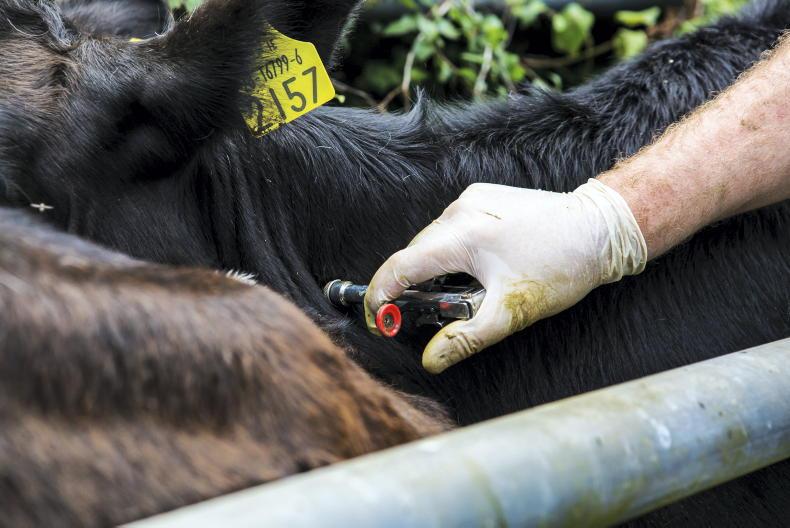

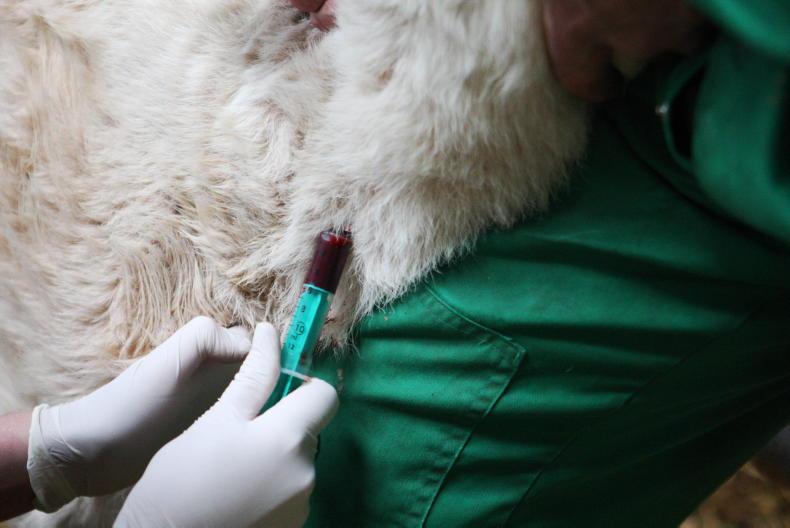
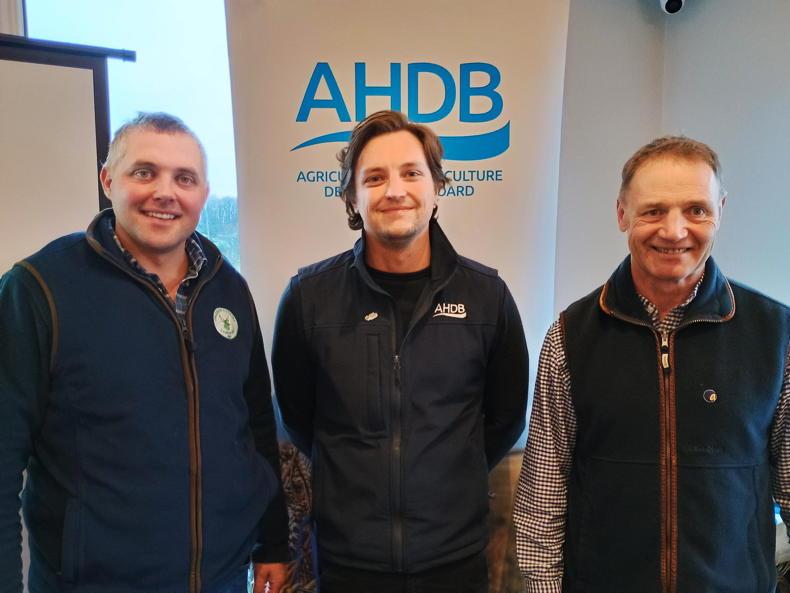
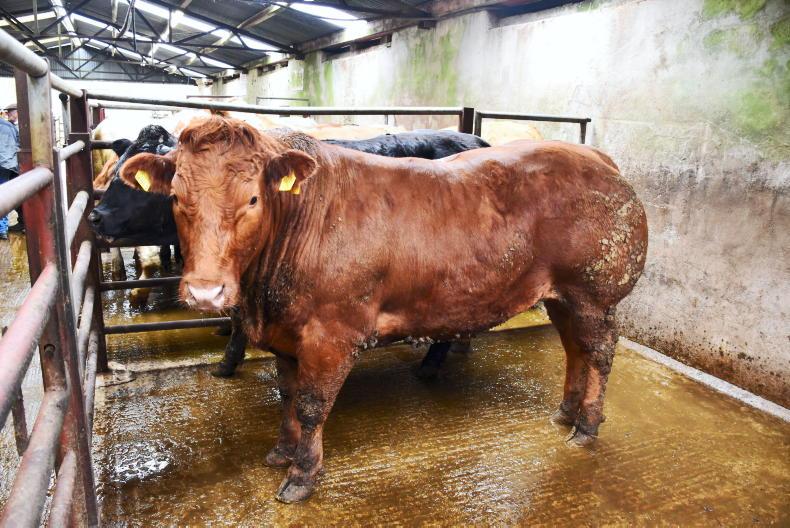
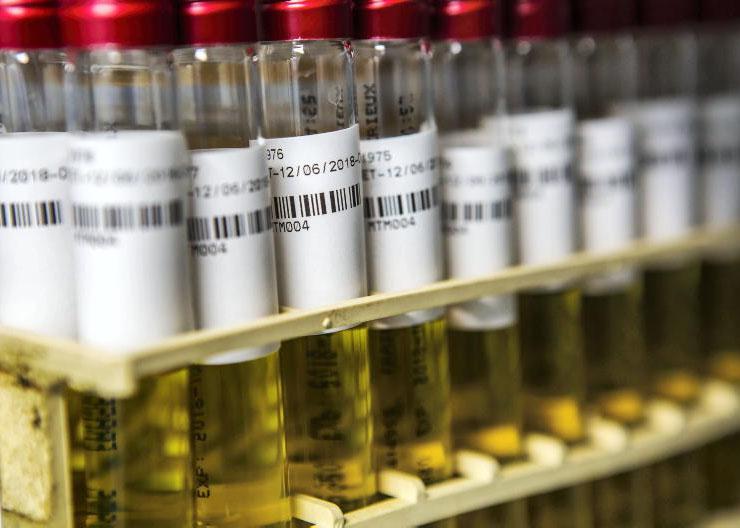
SHARING OPTIONS